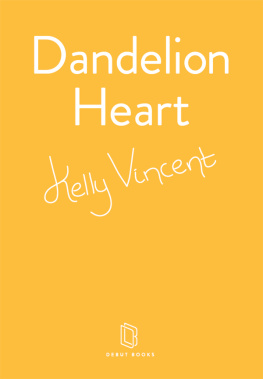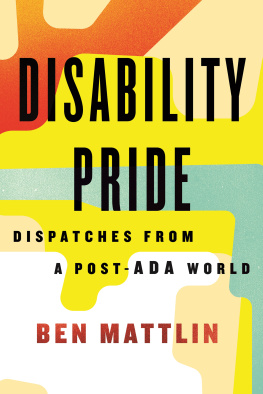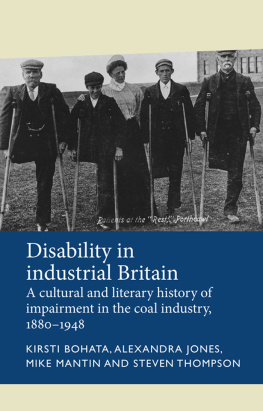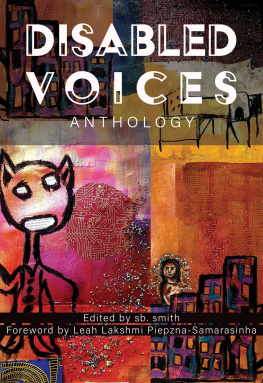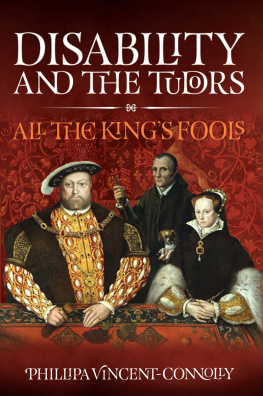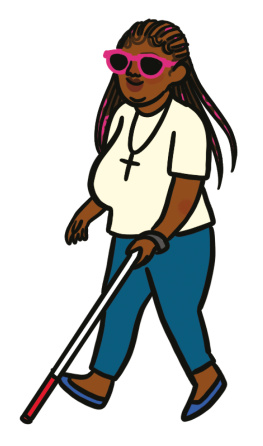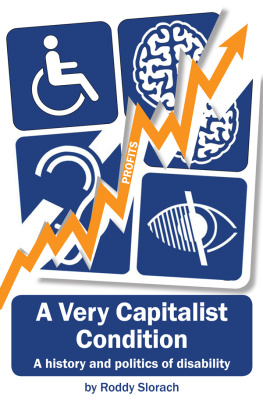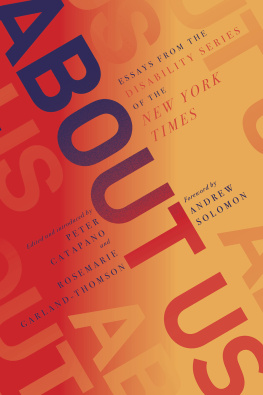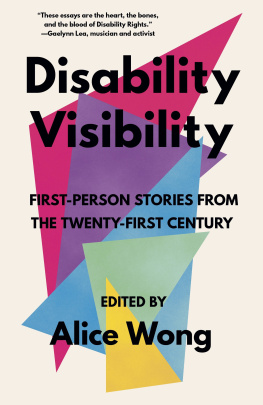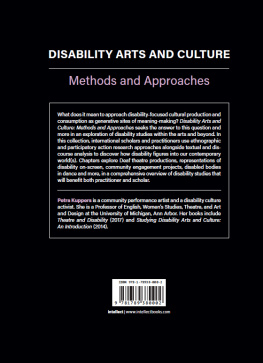
Published by Debut Books
Mirror, Mirror by A B Endacott
Vitamin A to Z by Fiona Sutherland
Wild Honey by Tamica Wilder
Dandelion Heart by Kelly Vincent

Published by Debut Books
debutbooks.com.au
First published 2021
Text Kelly Vincent 2021
Design Debut Books
The moral right of Kelly Vincent to be identified as the author of this work has been asserted.
All rights reserved
Without limiting the rights under copyright reserved above, no part of this publication may be reproduced, stored in or introduced into a retrieval system, or transmitted, in any form or by any means, without the prior written permission of both the copyright owner and the publisher of this book.
For any copyright queries, please email Debut Books at

ISBN 9780648937531 (Print)
ISBN 9780648937593 (eBook)
Editorial by Amy Lovat
Design by Katherine Larsen
Typesetting by Blue Wren Books
Printed in Australia by McPhersons Printing Group
I was lucky to grow up surrounded by the green hills and babbling streams of Peramangk Country and I now reside on Kaurna Yerta. These lands were stolen and never ceded. I acknowledge that I benefit from systems built on White privilege; systems that must be dismantled. I make mistakes, but I commit to continuous learning and doing what I can each day to leave the world better than I found it.
This book is dedicated to Mama, who taught me how to be a reader, and Papa, who reminded me to be a writer.
To Stuart, whose persistent and frankly bewildering encouragement and belief in me made him seep into every page of this book and every reluctant corner of my heart.
To Todd, if I could make one wish for the entire world, it would be that everyone finds their Todd.
To Jess, gifted storyteller, kind story reviewer, beloved hunna.
And to all my siblings in the disability community past, present, and future. I sit on the shoulders of giants.
This book contains references to sexual experiences, sexuality, mental health, and disability.
Before we begin
A note on language and perspective
Language has always fascinated me. I love the way it evolves almost constantly, especially when words are reclaimed that were once loathed or used to insult and dehumanise certain people. The evolution of the word queer is a prime example.
Where there has for the past couple of decades been a preference for person-first language, that is person with a disability; person with autism, in more recent years this has cycled back toward identity-first language, that is disabled person; autistic person. This is my personal preference for two reasons.
For one, I see my disability, including my autism, as central to my identity. It is in the very core of my being. It is, quite literally, under my skin. It is not something I can either have with me or leave behind like a handbag or a wallet. I am disabled in the same way I am Australian, not a person with Australianness.
Second, I believe in the social model of disability. The social model, as opposed to the medical or pathologised model of disability, posits that it is not the disability the physical, cognitive, sensory, or neurological difference that needs to be fixed. Instead, our collective reactions to those differences as a society are what present the problem. In other words, we are largely rendered disabled by environments that present unnecessary and surmountable barriers to our free and easy participation.
Of course, there are some limits to this model. A person with chronic fatigue, for example, may continue to experience extreme tiredness that will from time to time make it difficult for them to work and socialise. This will remain the case no matter how many lifts, ramps, Easy English documents, or tactile pathway indicators we provide. But even with these limitations, the social model remains infinitely preferable to me, rather than one that tells the world I was born broken and my entire life serves as a cautionary tale. In saying all this, in recognition of the many nuances and opinions that exist, in this book I will use person-first and identity-first language interchangeably.
When I was first offered the opportunity to write this book, two feelings hit me in perfect unison: first, humbled excitement for the chance to do the thing I love most in the world, writing, about one of the subjects that means the most to me. But I was simultaneously struck by anxiety.
At first it was the garden-variety anxiety, the one that has been my near constant companion since early childhood. The one that occasionally wakes me between the hours of 1:00 and 3:30am just to go over the mistakes I made in my Year 12 French exam in 2006. It is a natural, in-built safety mechanism that has long gone above and beyond its initial job description. Not only does it alert me to wolves that may eat me in the night and the potential for me to walk into oncoming traffic; now it regularly alerts me to a clear and present danger that I am unable to escape: myself. If I write the book, chances are it will not be good enough, whatever that means. But if I dont, then I have already failed because I did not take the chance.
And then, different anxiety quickly became more pressing. How could I, with the word limit of a mini book, possibly cover the full gamut of issues, thoughts, feelings, and experiences that fall under the label of disability?
Moreover, how could I, as a disabled person of relative privilege thanks to factors including but not limited to my skin colour and employment opportunities, be the right person to take on such a task? I was gripped by worry at the idea that some well-meaning person wanting to learn about disability might pick up this book and see it as some kind of comprehensive go-to guide on the lived experiences of disabled people. Neither I, nor any one person, can provide this and that is simply because we are all different. Because we are human.
This book is not so much about disability itself as it is about disability serving as a lens to amplify and inform a kaleidoscope of human experiences. I want this book to be about making mistakes. About learning through living. About challenging perceptions; the way in which we are perceived by others and by ourselves. And, perhaps above all, I want this to be a book about love. Love of the world around us and the belief in our ability to create a better one. Gentle, curious love of each other exactly as we are, and the quest for unapologetic and unfaltering love of ourselves. Love for everything we have been, as the fuel for everything we will become.
The Road to Kel is Paved with Good Intentions
During the 2018 state election, while helping staff a polling booth, I got chatting to one of the volunteers handing out how to vote cards for another party.
This must be hard for you, they said, crouching down at my side.
No more difficult than for anyone else out in this heat, I replied, sensing what was coming next.
Oh, come on. Yes, it is.
I am used to hearing this comment, but I never get used to it.
The insistence.
The belief, however kindly she meant it, that one minute of looking at my body somehow tells you more about it than my thirty years of living in it.

